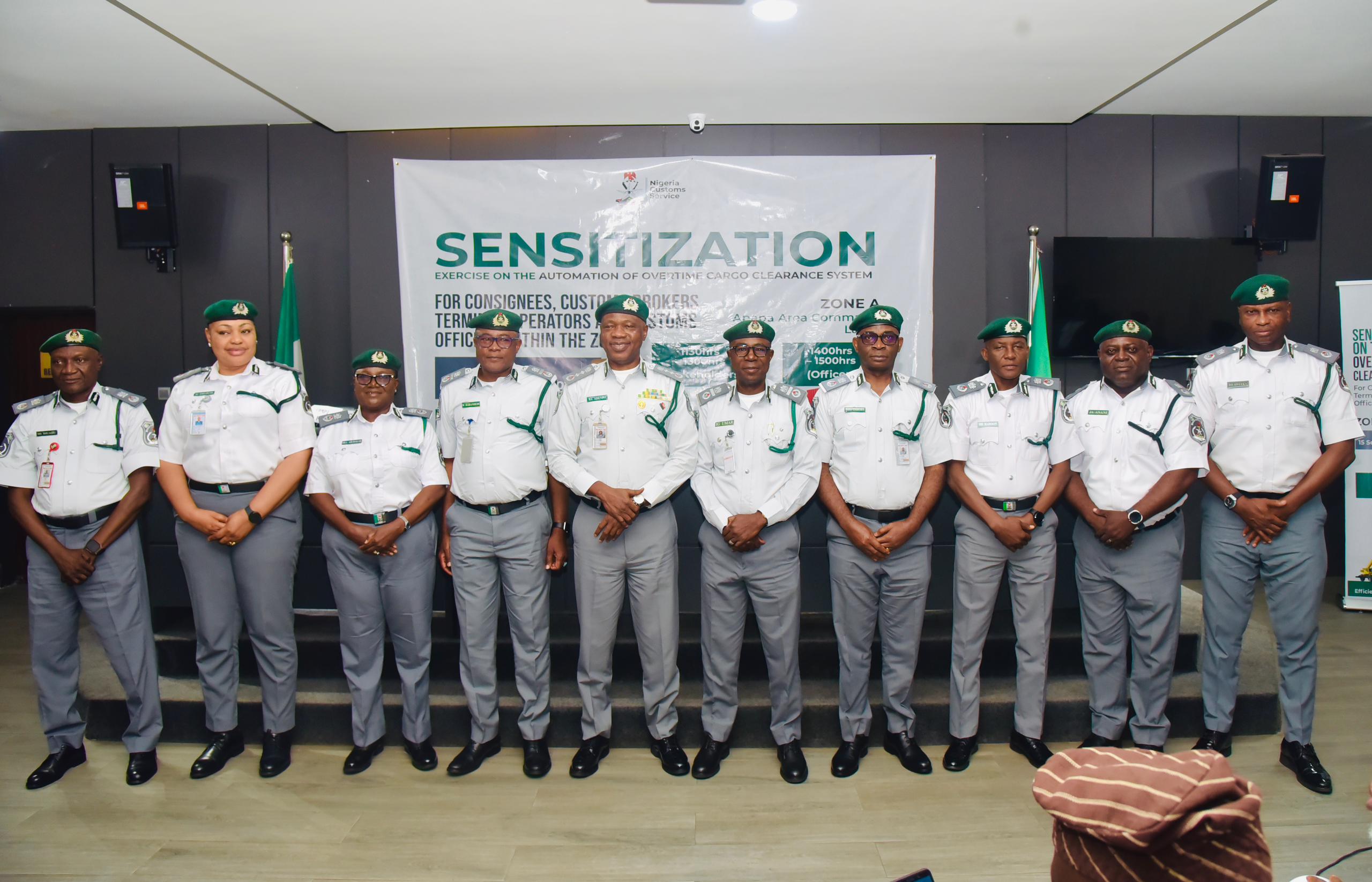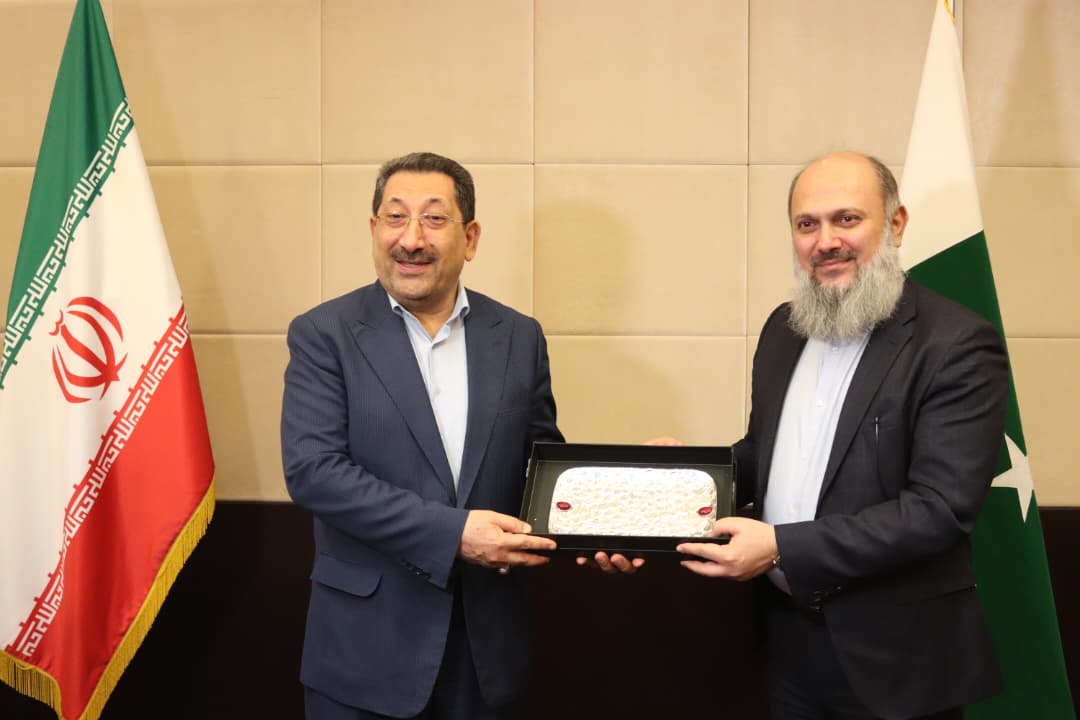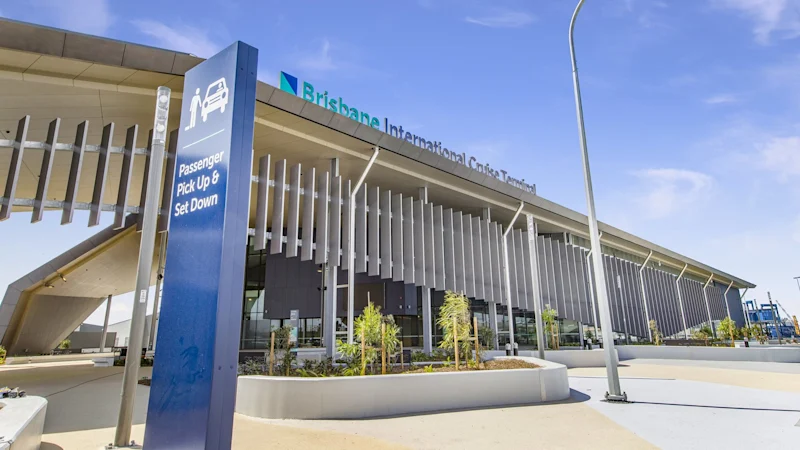By Bizwatch Nigeria Limited,Ibe Wada
Copyright bizwatchnigeria

The Nigeria Customs Service (NCS) on Monday, 15 September 2025, introduced an automated system for managing overtime cargoes at Apapa Port. The “Overtime E-Clearance System” aims to reduce congestion, corruption, and speed up cargo releases.
Unveiling the System during a sensitisation exercise in Lagos, the Comptroller-General of Customs, Adewale Adeniyi, said the initiative was designed to exit cargoes the ports more efficiently, while freeing up space for fresh consignments.
According to him, the platform enables consignees to submit and track applications remotely, reducing repeated visits to headquarters and limiting manual interference in clearance processes.
“The system builds on an earlier policy adjustment that extended cargo dwelling periods from 30 to 120 days to give stakeholders more flexibility. The central focus is transparency, integrity, and adherence to the law. We urge stakeholders to test the system and provide feedback ahead of full deployment”, he said.
The Customs boss, however, cautioned against abuse of the new process. He cited a 15-year-old overtime cargo case still under investigation as a warning that loopholes must be closed.
He further warned that deliberate abandonment of cargo to evade duties will attract stricter sanctions and the service’s intelligence units will monitor attempts to hijack the process.
“Under the rollout plan, the zonal office will conduct further sensitisation sessions this week with terminal operators, shipping companies, and other stakeholders before expanding engagement to additional commands. Deployment will follow after feedback and legal queries are addressed”, he explained.
In his remarks, the Zonal Coordinator for Zone A, ACG Mohammed Babandede, praised the CGC for the initiative. “The automation demonstrates not only a commitment to efficiency but also to transparency, digital transformation, and the ease of doing business in Nigeria.”
He urged stakeholders to fully embrace the system, assuring them that Customs would sustain reforms that enhance trade facilitation while safeguarding national revenue.
While terminal operators and shipping lines expressed initial scepticism, they pledged to cooperate if the system delivers measurable reductions in congestion and improvements in turnaround times.



